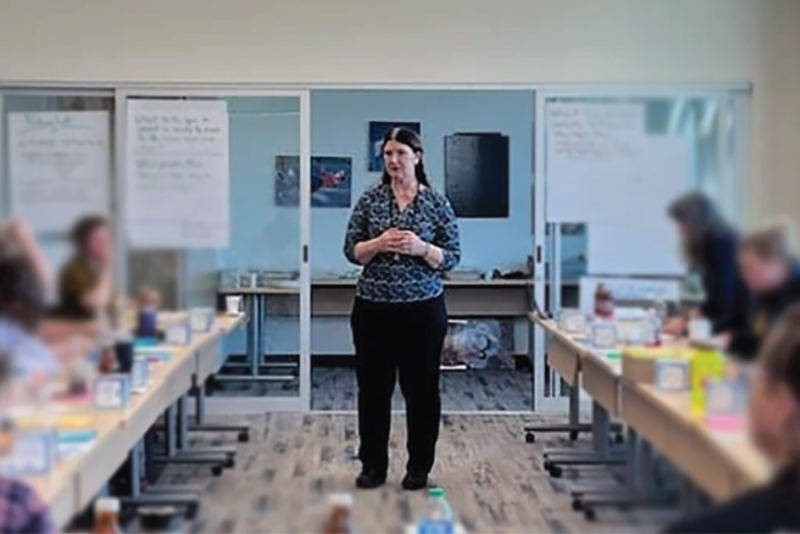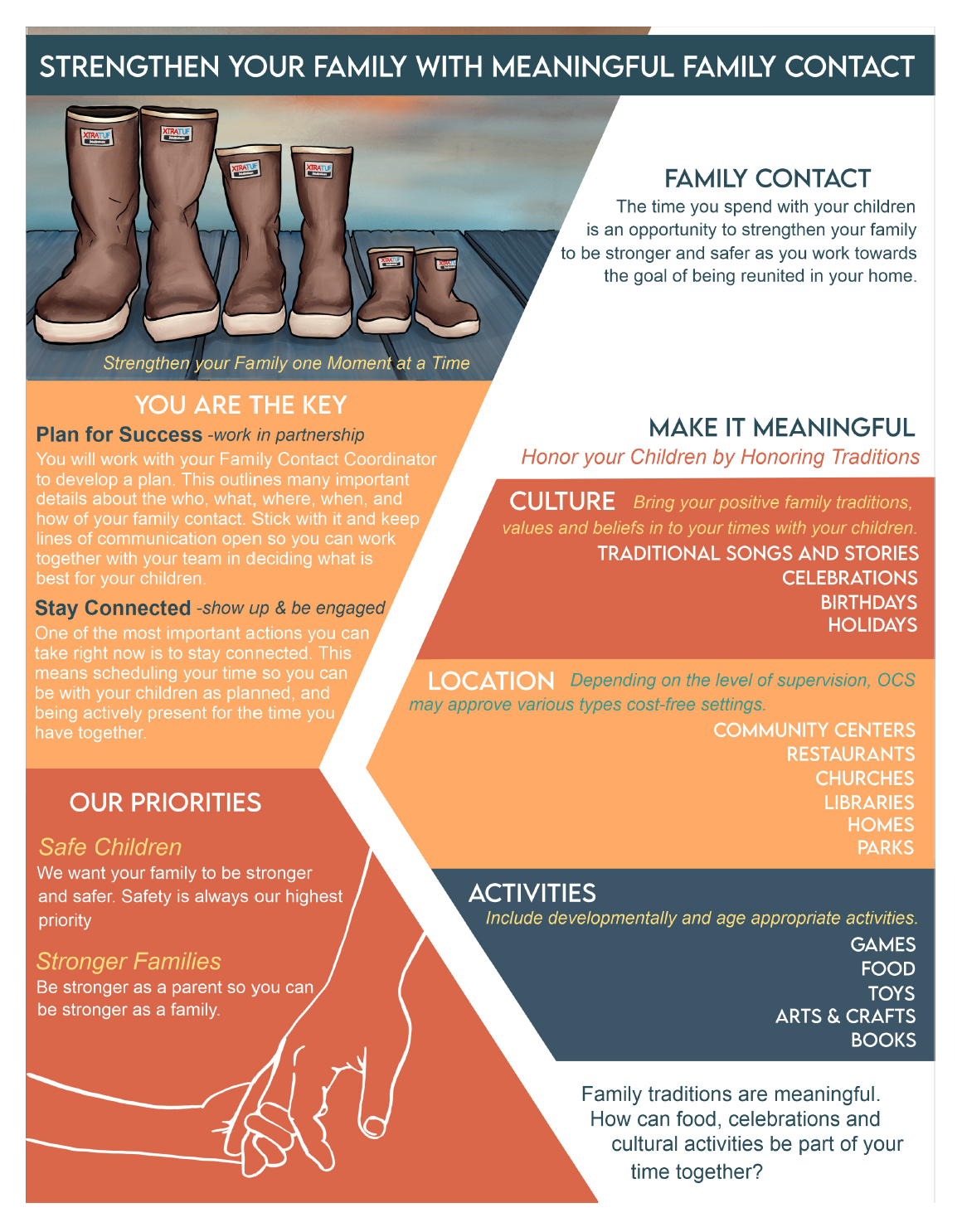Family Connections Matter in the Mat-Su Valley

The Butler Team worked with the R.O.C.K. (Raising Our Children With Kindness) Mat-Su (Matanuska-Susitna) Family Contact Improvement Partnership (FCIP) this spring to continue the positive changes happening in the Mat-Su Borough for families and children involved in the public child welfare system. The FCIP is a group of agencies, tribal nations, community partners and the Office of Children’s Services (OCS), supported by the Mat-Su Health Foundation, to improve family contact for children in out-of-home care in the Mat-Su Borough of Alaska. The FCIP is implementing best practices that assure a child in out-of-home placement receives culturally centered, meaningful and healthy contact with their family. Partners know that frequent and quality family contact is a primary indicator of successful family reunification.
In 2017, Butler partnered with R.O.C.K. Mat-Su to evaluate the systemic challenges involved in providing family contact services. The evaluation revealed an over-extended child welfare workforce with training and coaching needs, communication barriers between OCS and stakeholders and a need to improve family contact procedures. A seamless, coordinated system for family contact requires comprehensive collaboration and coordination of staffing and administrative resources and leadership support—all within the context of a difficult workforce environment. Evaluation findings revealed tension between maintaining confidentiality and transparently sharing information to bridge understanding and coordination of family contact services. To better serve children and their families, the availability, frequency and quality of family contact services needed prioritization. Following the evaluation, Butler led the FCIP in a Theory of Change to remedy these challenges, creating an action plan that has guided the journey of improvements for families.
After four years collaborating and developing and implementing family contact best practices curriculum and trainings, Butler evaluated families’ experiences of their family contact events supported by a family contact facilitator or supporter. Overall, parents and guardians reported positive experiences of family contact and feeling supported by their family contact facilitator or supporter. As facilitators and supporters attend trainings and apply best practices, family contact will become more consistent and more effective. Improving family contact practices is essential to the goal of reunification under the overarching goals of reducing the recurrence of child maltreatment and improving family stability. The FCIP is steadfast in their commitment to families, continuing to work together to improve the availability, frequency and quality of contact for families, tackling and removing challenges that stand in the way of positive change for families and children.
